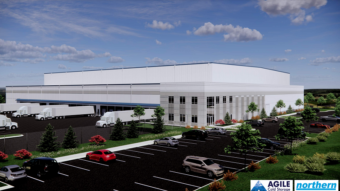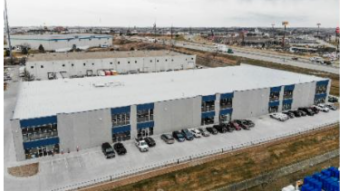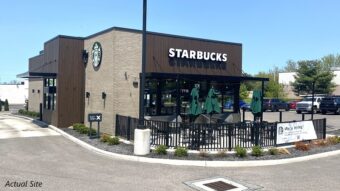There was a time when employees came to their office each morning and sat at the same desk.
Those days are dwindling, at least according to panelists at the 11th annual Commercial Real Estate Forecast Conference held Jan. 22 in Chicago by Illinois Real Estate Journal, Chicago Industrial Properties and Midwest Real Estate News.
Lisa Konieczka, executive vice president with CBRE, spoke about the growing popularity of free-desking. Instead of employees having assigned desks, they sit wherever it makes the most sense in a given day. If a group of employees are working together on a project, they sit together at desks located next to each other. The next day, these same employees might be working on different projects with different co-workers. They’d then sit at different desks.
And this is just one of the workplace innovations that Konieczka and her fellow panelists cited as helping to spur the growing number of adaptive commercial building reuses throughout the Chicago area.
A growing number of companies throughout the city and suburbs are also letting their employees work from home more often. These employees, too, might not have assigned desks.
This might not seem all that significant. But this change in workplace culture means that companies often need less space to get their work done. And when companies need less space, they can often set up shop in buildings that were not originally designed to be offices. They can move their companies to adaptive reuses.
“So many tenants when they are finalizing long-term leases are not planning for more room in the future,” Konieczka said. “Instead, they are looking for more flexibility, for the option of being able to use their space in different ways.”
Adaptive reuses are hot in Chicago and its suburbs. And part of the reason is the growth of companies that are willing to take a different approach to the traditional workspace.
David Stein, managing principal of Steinco, pointed to the rise of tech companies that have little use for traditional office environments.
“These companies are rethinking their space,” Stein said. “People are working on their iPhones and iPads and laptops. They don’t need nearly as much space. People are packing more bodies into less space.”
Adaptive reuses in Chicago are also attracting many tenants who don’t care as much about parking spaces. They, instead, would rather see bike racks for their employees. These same tenants want usable outdoor spaces and rooms that can double as offices, recreation centers and meeting rooms.
And the best news of all? Greg Warsek, senior vice president and regional manager with Associated Bank, told attendees at the conference, that banks are more willing today to lend the money needed to fuel more adaptive reuses.
“The banks are back,” Warsek said. “There is now pressure on the banks to get money out there. The banks that have returned to commercial real estate are committed to commercial real estate.”



